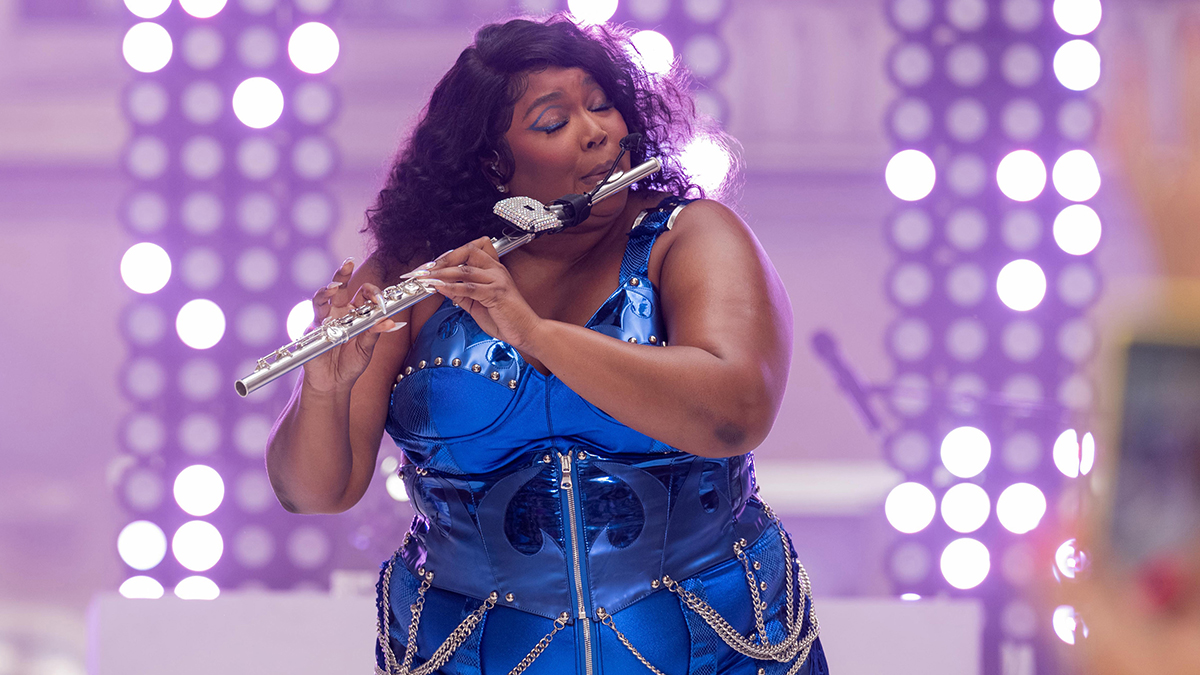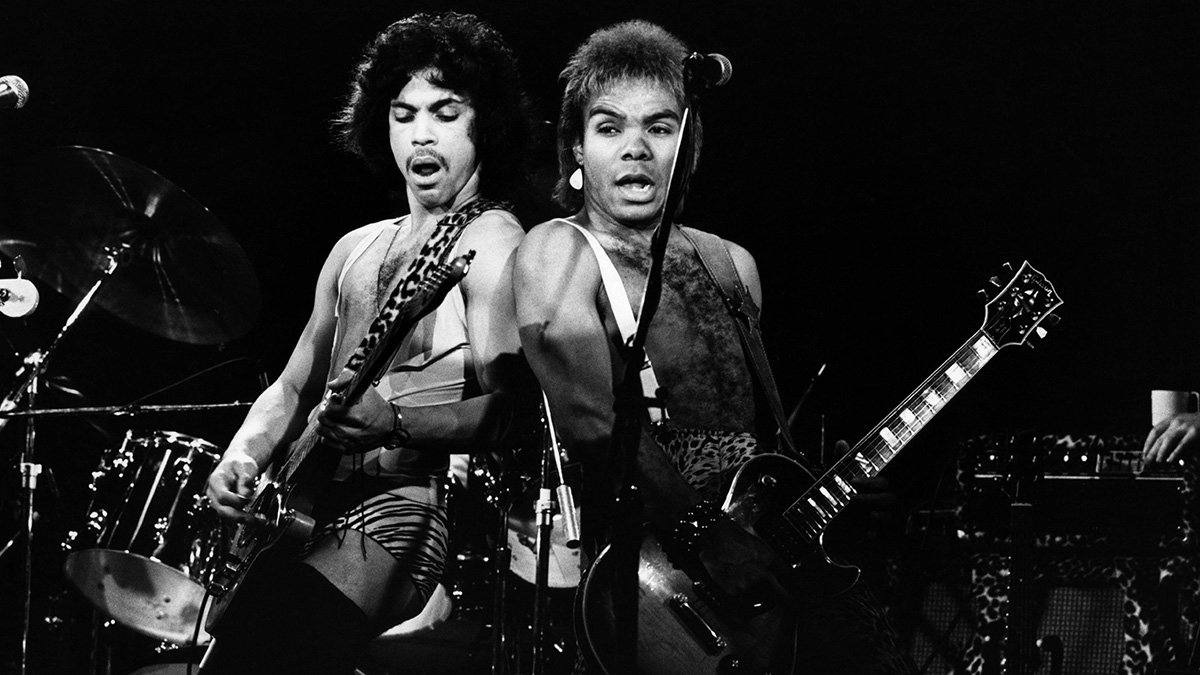The ‘Lizzo effect’: has the star made the flute ‘cool again’?
Jethro Tull fans might argue that it already was

Lizzo’s endless effervescence and body positivity make her a role model for many, and a consensus is forming that she may also have succeeded in making the flute ‘cool again’.
According to the BBC, that’s the conclusion of the British Flute Association, which says that there’s been a ‘Lizzo effect’ that has seen a surge in the instrument’s popularity. The singer is a classically trained flautist and frequently demonstrates her playing prowess during her shows, notably at this year’s Glastonbury Festival.
A survey by the British Flute Society found that one in five flute fans say that Lizzo has had an impact on their playing or their attitude to the flute itself. The society’s survey indicated that she’s inspired players to embrace a wider range of musical styles, motivated them to keep going with their lessons, demonstrated how much fun the flute can be to play and provided representation in important ways.
Of the teachers of young and beginner flute players who were surveyed, half said that they had students who were aware of Lizzo, though only one in four of these teachers said that they used Lizzo as an example when working with these students.
Of course, Lizzo isn’t the first flautist to have crossover appeal - Ian Anderson has been tooting his with Jethro Tull for more than half a century. Anderson was inspired by Roland Kirk, the legendary multi-instrumentalist who took the lead on Quincy Jones’ classic Soul Bossa Nova.
And, of course, who can forget Ron Burgundy, the all-action anchorman who took jazz flute playing to a whole new level…
Get the MusicRadar Newsletter
Want all the hottest music and gear news, reviews, deals, features and more, direct to your inbox? Sign up here.

I’m the Deputy Editor of MusicRadar, having worked on the site since its launch in 2007. I previously spent eight years working on our sister magazine, Computer Music. I’ve been playing the piano, gigging in bands and failing to finish tracks at home for more than 30 years, 24 of which I’ve also spent writing about music and the ever-changing technology used to make it.
“They didn’t like Prince’s bikini underwear”: Prince’s support sets for the The Rolling Stones in 1981 are remembered as disastrous, but guitarist Dez Dickerson says that the the crowd reaction wasn’t as bad as people think
“We are so unencumbered and unbothered by these externally imposed rules or other people’s ideas for what music should be”: Blood Incantation on the making of Absolute Elsewhere and how “Data from Star Trek” saved the album – and the studio









